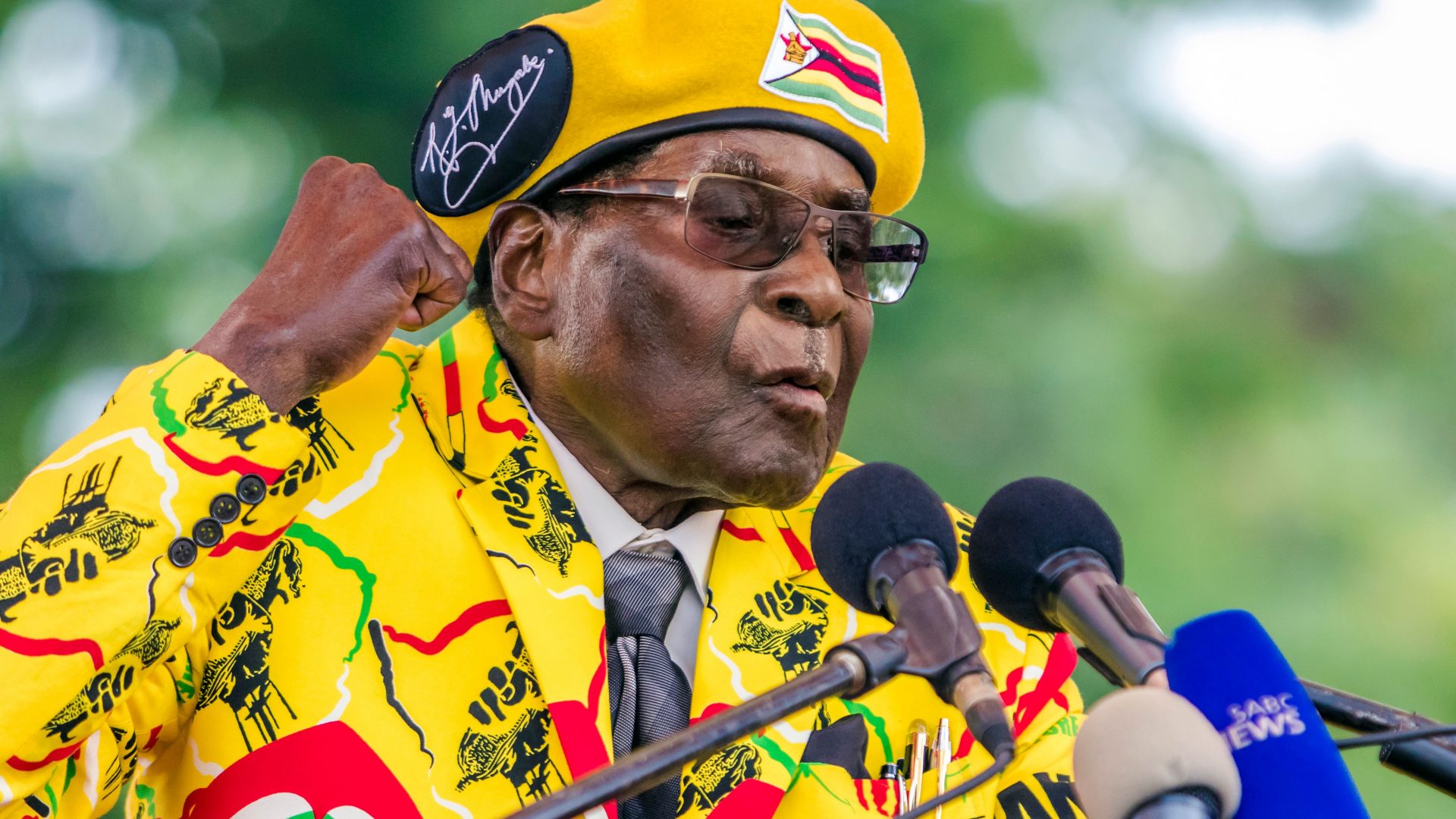
Former Zimbabwean President Robert Mugabe, a freedom fighter turned into a nightmare of a dictator, has died at the age of 95.
According to the BBC, Mugabe was being treated at a hospital in Singapore since April.
His legacy is a contentious one, as he is often praised for his role in Zimbabwe’s independence, as well as for broadening access to healthcare and education for the black majority in his country.
However, after 37 years in power, refusing to step down, that legacy became entwined with violent oppression toward his opponents, which led to him being ousted in a military coup in 2017.
Born on February, 21, 1924 in then-Rhodesia, Mugabe was imprisoned in 1964 for more than 10 years without trial for criticizing the government of his country, led by its white minority.
Even while in prison, he was selected as president of the Zimbabwe African National Union in 1973.
Once released, he headed to Mozambique, where he led guerilla raids into Rhodesia, fighting against the white minority.
Ultimately, political agreements ended with the newly independent Republic of Zimbabwe, with Mugabe winning the first election in the republic’s history in 1980.
However, over time, Mugabe’s leadership soured as he sought control over everything and Zimbabwe’s economy rapidly declined, marked by hyperinflation.
In 2000, Zimbabwe executed a controversial land reform program, where people seized hundreds of white-owned farms across the country, which resulted in the killing of several white farmers.
Mugabe announced that those involved in the murder of these white farmers would never be prosecuted.
As the Associated Press notes, the initial plan of the land reform was to take the country’s most fertile land, that was owned by the minority-white people, and redistribute it to the poor Black community. However, Mugabe gave much of the prime land to his crew – ruling party leaders, party loyalists and relatives.
Mugabe’s presidency was also rife with accusations of rigging elections so that he would stay in power.
Still, some remembered the contentious leader fondly, with many choosing to highlight his work toward his country’s liberation.
“[Comrade] Mugabe was an icon of liberation, a pan-Africanist who dedicated his life to the emancipation and empowerment of his people,” current Zimbabwean president Emmerson Mnangagwa – who had been Mugabe’s deputy – wrote on Twitter.” His contribution to the history of our nation and continent will never be forgotten. May his soul rest in eternal peace”
Others were not so forgiving.
“I will not shed a tear, not for that cruel man,” Tariro Makena, a street vendor in the capital of Harare told the Associated Press. “All these problems, he started them and people now want us to pretend it never happened.”
According to the BBC, Singapore’s foreign ministry is working with the Zimbabwean embassy to have Mugabe’s body flown back to his homeland.